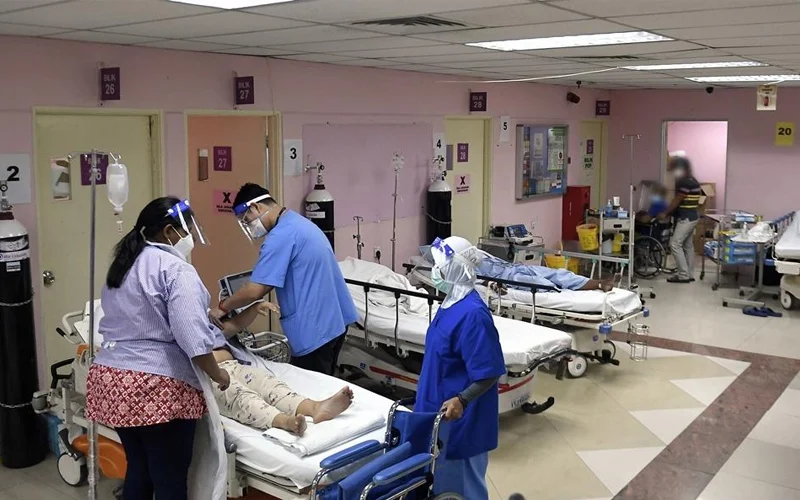
PETALING JAYA: There are good and bad subsidies and the government will have to differentiate between the two when it decides which to keep and which to throw out, according to economists.
Good subsidies such as those for healthcare and education not only help targeted groups but also do not cause too much distortion to the economy, Geoffrey Williams, provost for research and innovation at the Malaysia University of Science and Technology, said.
“On the other hand, bad subsidies cost a lot, benefit the wrong people, distort the market, and leave the door open to corruption,” he told FMT Business.
For Monash University Malaysia economics professor Niaz Asadullah, the bad subsidies are those that encourage over-consumption, social waste and environmental damage.
“On the whole, energy subsidies have proven to be regressive,” he told FMT Business.
The Malaysian subsidy system will see a major change in the coming months under an initiative to cut costs.
For a start, the rich will have to pay more for electricity and petrol.
From healthcare to transport, the government has been covering most or all of the expenditure for a long time. In short, the taxpayer is footing the bill for the benefit of many others who do not contribute to the nation’s coffers.
Given that subsidies are meant to keep prices down, the rich also benefit disproportionately, Williams pointed out.
Subsidies such as those based on food cost a lot, benefit the wrong people, distort the market and leave the door open to leakages and corruption, he said.
A much-needed change
Rather than consumption, Williams said, subsidies should be based on income. This can come in the form of reverse income tax, cash transfer or universal basic income.
At its core, income subsidy involves giving money directly to the poor so they can afford to pay the bills. While public money is also used, it is less costly, he said.
At the same time, it does not distort the market as severely as consumption subsidy does, and offers fewer opportunities for middlemen and corrupt officials to cash in.
Sunway Business School professor of economics Yeah Kim Leng said bad subsidies, such as those for fossil fuels, encouraged corruption, were unproductive and wasteful.
The money spent on such subsidies could be better used for investment, he said. “This needs to be emphasised to the rakyat,” he told FMT Business.
“We must differentiate between good (or progressive) subsidies, such as that for education for the poor, healthcare, basic infrastructure and amenities for low-cost housing, from the bad ones.”
Yeah said a good subsidy raises the quality of life but a bad one “just takes you from one place to another”.
“Good subsidies are progressive, they lead to a more positive outcome for the economy and have a greater multiplier effect whereas a regressive subsidy depletes your oil reserves and contributes to more pollution,” he said.
Meeting the challenge
In any attempt to revamp the subsidy system, it is best to focus on those that cost the most, those that lead to corruption or those that are easiest to deal with, Williams said.
In the case of fuel subsidy, he said the drop in the price of crude oil is likely to halve the subsidy cost from RM50.8 billion last year to about RM25.6 billion this year.
“This is paid for by Petronas, making it essentially a net offset even in the face of large corruption costs, especially in diesel, estimated at RM10 billion,” he said.
Williams proposed that a tiered pricing mechanism be introduced. “However, we still have a huge subsidy pot, so vested interests are holding back reforms.”
He said that while Petronas can take the fuel subsidy burden, the subsidies for cooking oil, chicken and eggs should be removed given that they cause market distortion. Removing them will also save the country RM21.5 billion.
Niaz said subsidies that support social choices and promote investment over private consumption and unproductive spending are also considered good.
Getting the right message across
Communication is key, Williams said. “People must understand that subsidies are expensive and unsustainable. It is better to raise incomes than to keep prices down so people can afford to pay.”
Yeah agreed that Malaysians should learn to tell the difference between good subsidies from regressive ones.
“The earlier we do this, the less painful it will be,” he said. - FMT



No comments:
Post a Comment
Note: Only a member of this blog may post a comment.